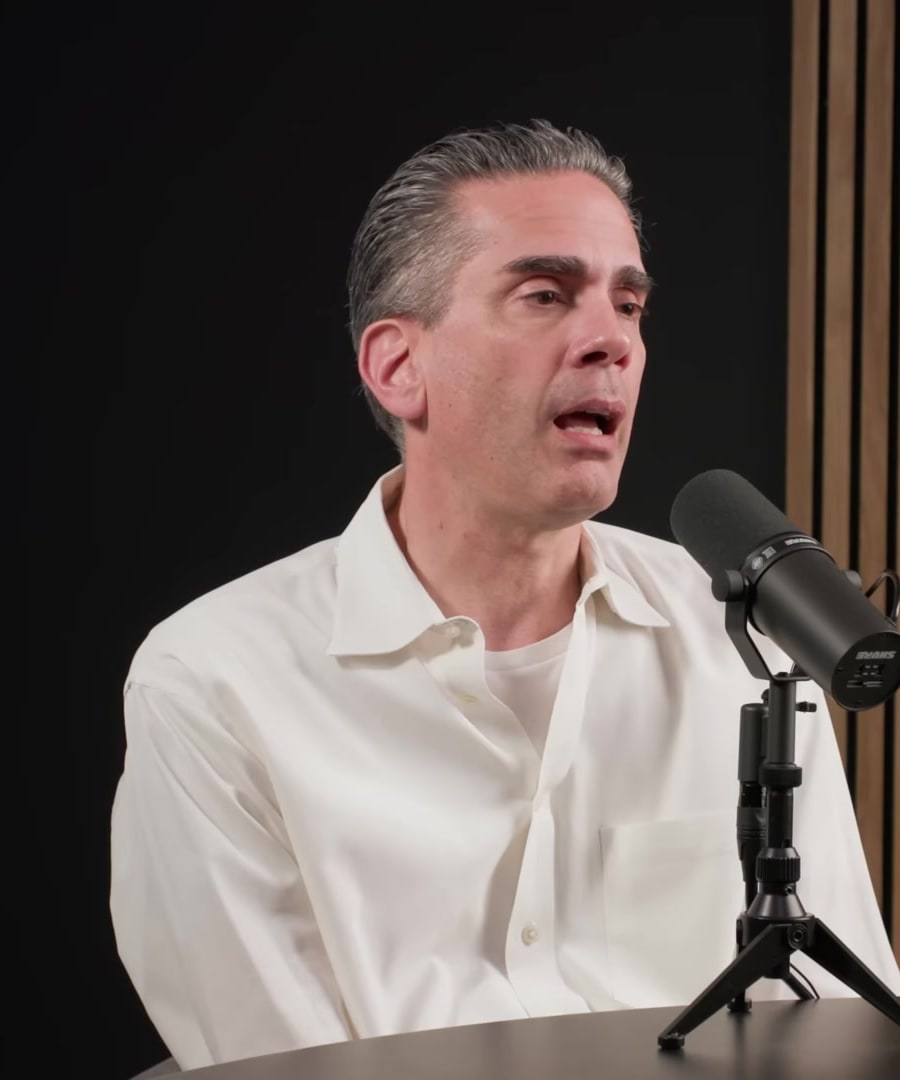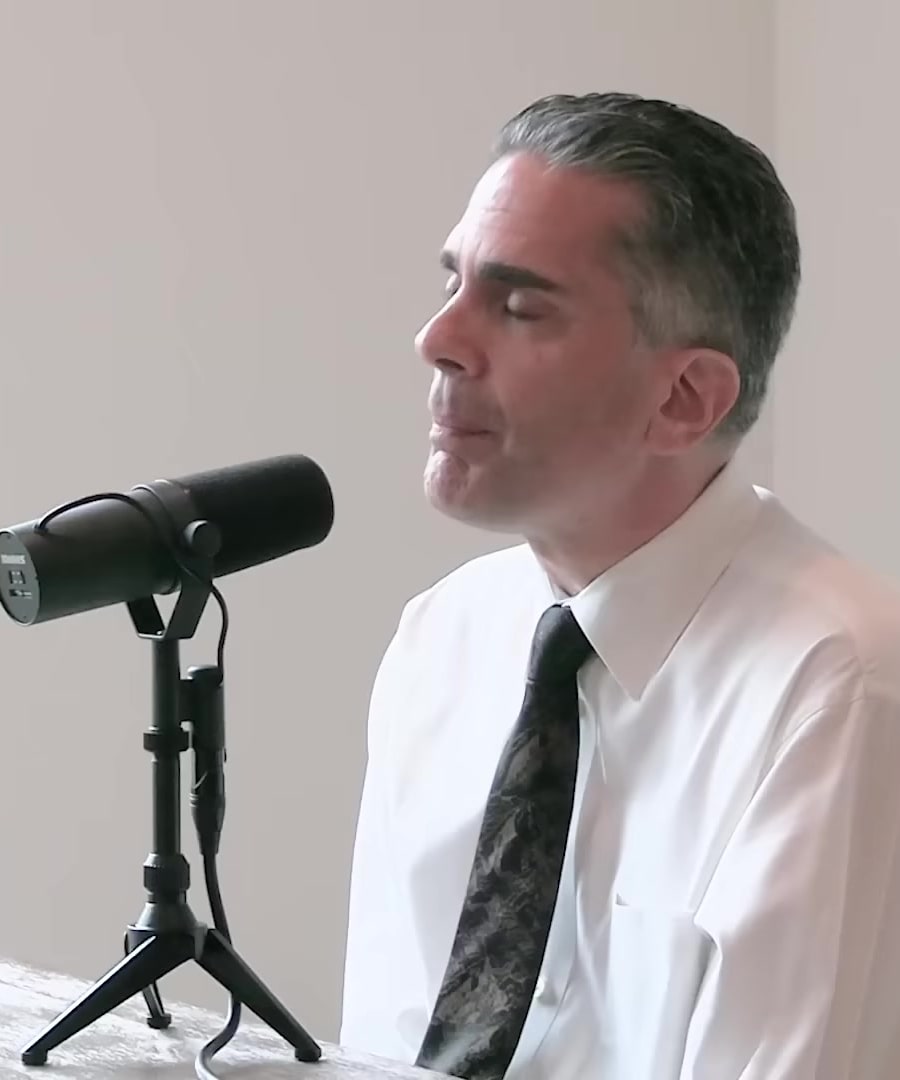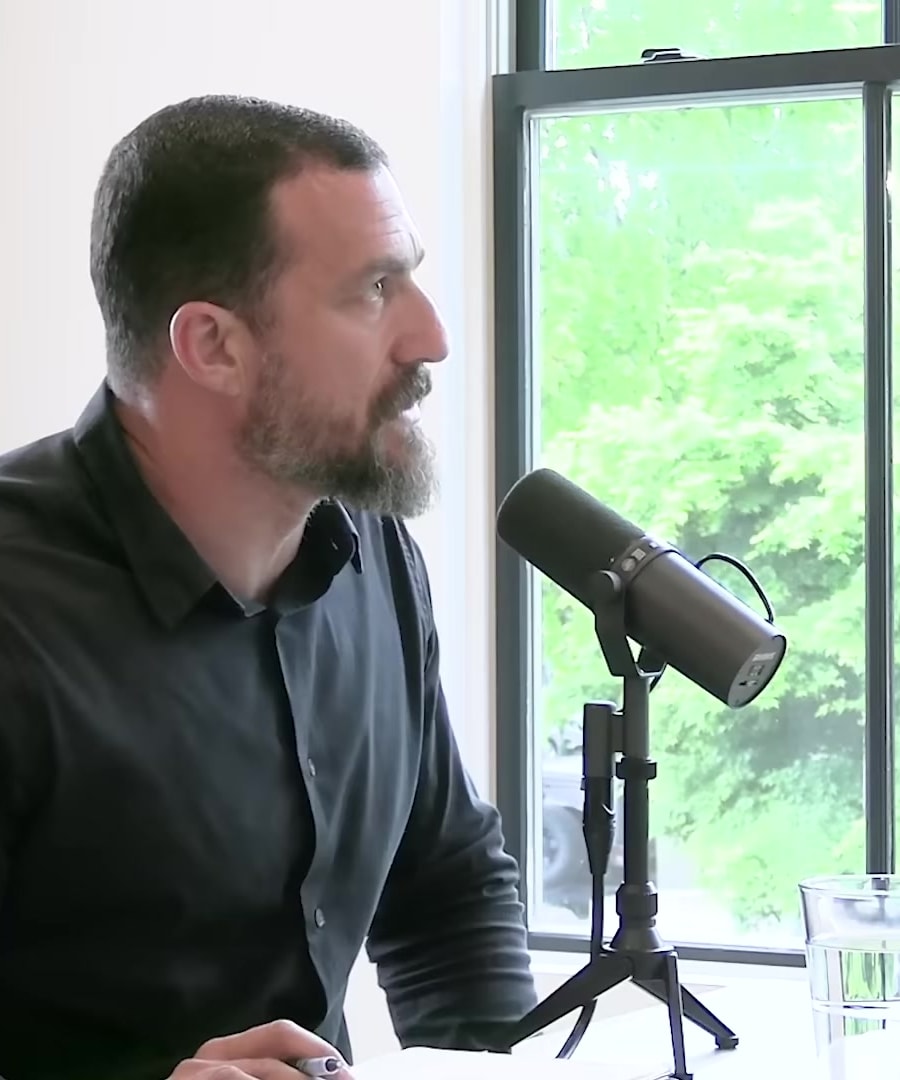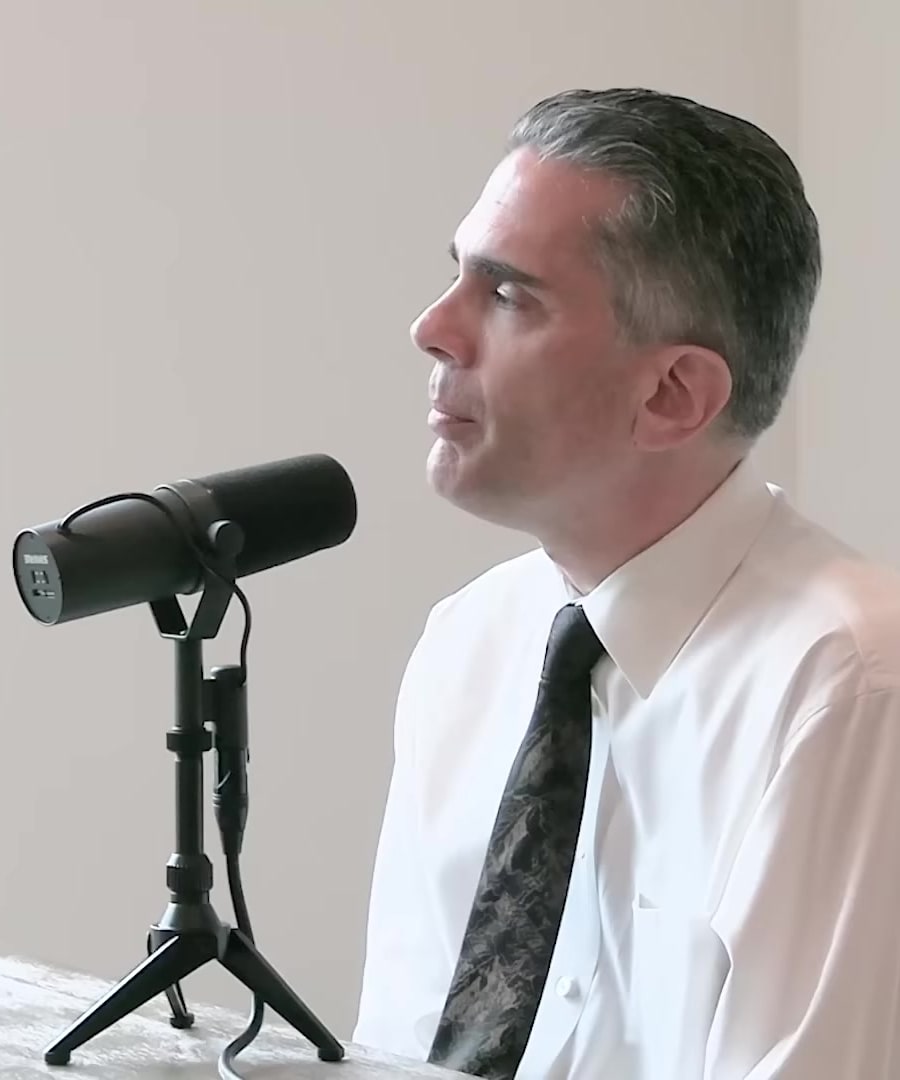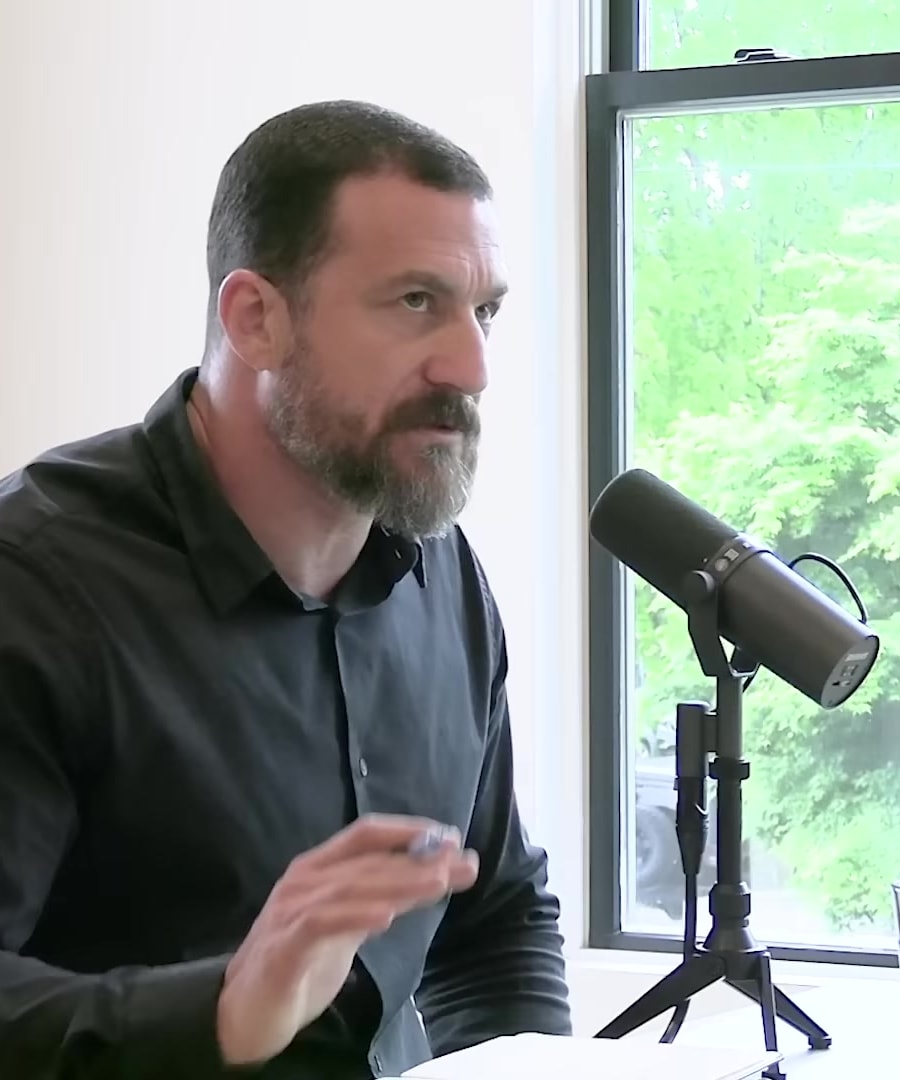How to overcome shame and guilt?
Sources:
Overcoming shame and guilt often involves a process of therapy and self-discovery. Dr. Paul Conti, speaking on the , emphasizes several key aspects in addressing these feelings:
-
Talking About Feelings: Bringing feelings of shame and guilt into discussions, especially in therapy, can begin the process of healing. Dr. Conti mentions his own experiences where discussing his feelings led to significant emotional release and understanding 1.
-
Expression and Acknowledgment: It's crucial to express and acknowledge guilt and shame rather than suppressing them. This expression can be verbal, written, or through therapy. The act of expressing helps people realize they are not alone, and these feelings are not entirely their fault 2.
-
Challenging Reflexive Thoughts: Often, our mind reflexively goes to a place of self-blame and guilt. Therapy can help challenge these automatic thoughts, especially the validation of these feelings when examined under the compassionate scrutiny of therapy or a shared safe space 3.
-
Grieving and Processing: Allowing oneself to grieve the trauma or the events linked with shame and guilt is vital. You can begin this process by reframing the narrative around these events, seeing them in a more objective and compassionate light. This approach helps displace guilt with a more accurate, kinder understanding and promotes emotional healing 4.
-
Understanding Trauma's Impact on the Brain: Recognizing how trauma impacts brain function and contributes to feelings of guilt and shame can provide a more scientific understanding of why these feelings are so pervasive and challenging to overcome. Awareness can facilitate a more substantial, informed response to these feelings 5.
The process involves self-reflection, discussing and challenging old narratives, and sometimes the professional guidance of a therapist to navigate these complex emotions effectively.
RELATED QUESTIONS-
